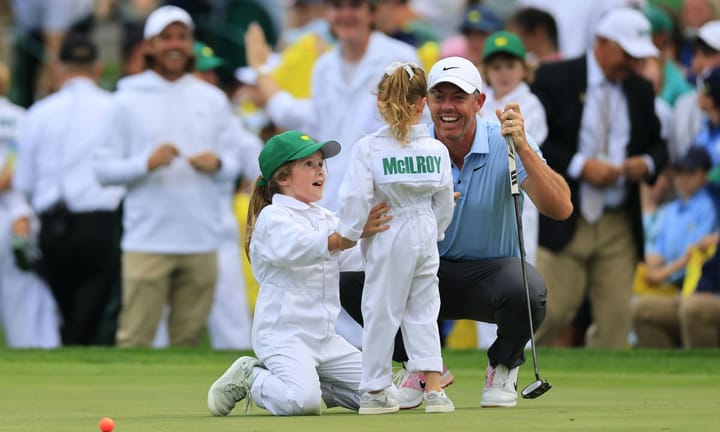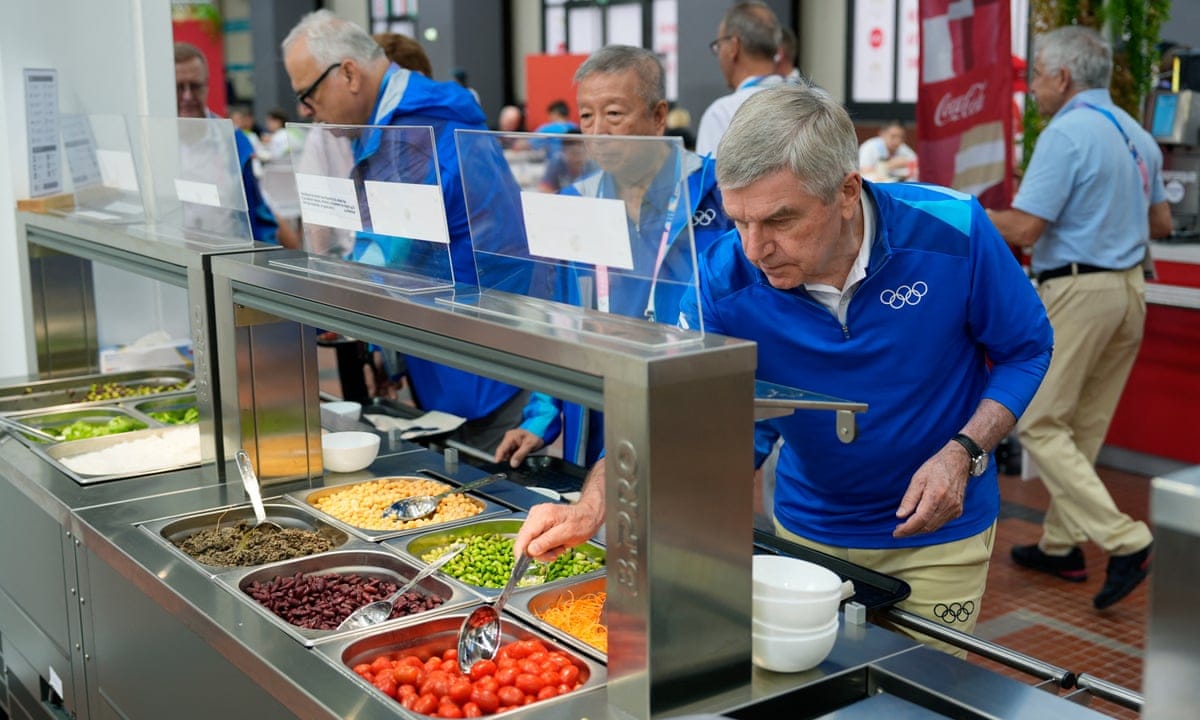It is an impressive challenge to nourish over 15,000 athletes during the Olympic Games in Paris. However, the main restaurant within the Olympic Village may not achieve accolades despite promises of high-quality dining experiences inspired by renowned Michelin chefs.
Complaints have arisen from some athletes regarding both the quality and quantity of food provided, especially after a shortage in breakfast egg supply was observed on Wednesday morning. Sodexo Live!, designated as the official catering partner for the Olympic Village by L’Équipe, acknowledged the heightened demand for certain items like grilled meats and eggs, indicating plans to increase production to meet athlete needs.
Carrefour, responsible for procuring fresh products at the venue, reported revising planned quantities in response to requests from Sodexo Live!, aiming to fulfill these increased demands. The primary dining establishment under scrutiny has a capacity of 3,300 and features creations by three Michelin-starred chefs: Amandine Chaignot, Alexandre Mazzia, and Akrame Benallal.
The standards for food quality at the Paris Games are rigorous; ingredients sourced within a 250km radius of Paris account for a quarter of all used products, while 20% meet organic certification criteria. Locally produced meat, milk, and eggs form an integral part of meals served to athletes, with one-third being plant-based options.
Over half the selection available comprises vegetarian dishes like beefless bourguignon and “not-dogs”, which feature onions and pickled cabbage combined with honey-mustard sauce. Throughout both 15-day Olympic and Paralympic Games phases, an estimated 13 million meals will be provided across the various dining facilities in the compound. Additionally, organizers have pledged to repurpose leftover food for charitable causes and transform used coffee grounds into fertilizer.
Read next

Poppy McIlroy Emulates Father's Skill on Putts at Augusta National
Rory McIlroy's four-year-old daughter, Poppy, made a challenging putt in the Family Day Tournament ahead of the 89th Masters.
The Northern Irish golfer described this moment with his child as "quite enjoyable". “It’s just such an entertaining afternoon,” McIlroy commented while enjoying time out on

McIlroy asserts embracing 'heartache' from Masters could benefit his chase for victory in Augusta
Rory McIlroy believes embracing the "heartbreak" from his sporadic journey for Masters triumph could be crucial to securing another Green Jacket. His latest endeavor towards a career major achievement commences on Thursday at Augusta National.
McIlroy is reminded that nearly 11 years have elapsed since he last clinched

Lando Norris Supports FIA Action Against Red Bull's 'Tea Tray' Technological Advantage
Lando Norris has welcomed the FIA's response to a potentially illegal device found on his world championship rival Max Verstappen’s Red Bull vehicle, following concerns it might contravene regulations for performance enhancement during races when adjustments between qualifying and actual events are prohibited.
As he gears up

